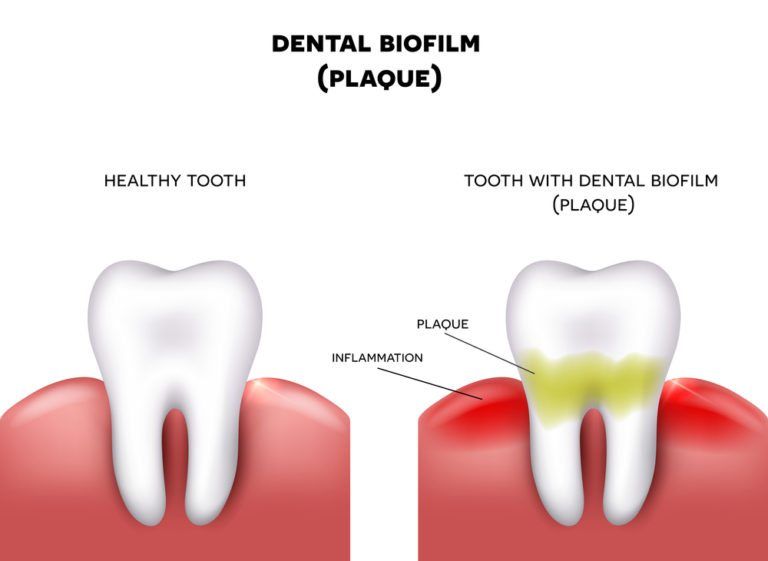Causes of Periodontal Disease

Periodontal disease is common among dental patients and is the leading cause of tooth loss among American adults. It develops as the result of an accumulation of harmful bacteria harbored in hardened plaque on the teeth both above and beneath the gum line. Plaque is usually brushed or flossed away; but plaque allowed to remain on the teeth for more than one to two days can harden into tartar. Only a professional dental cleaning can remove tartar, which can cause periodontal disease as long as it remains on the teeth. Over time, this disease can cause gum inflammation, bone deterioration, receding gum lines, and loose teeth.
Did you know?
In addition to poor brushing and flossing habits, several other factors can contribute to the development of gingivitis and periodontitis. They include:
- Genetic predisposition to periodontal disease
- Age
- The use of medications that cause dry mouth
- Defective or poorly fit dental appliances and restorations
- Tobacco usage
- Improper nutrition
- Hormonal changes
- Systemic diseases, such as heart disease
- Diabetes
- Auto-immune diseases, such as AIDS
Frequently Asked Questions
What should I do if I have some of the risk factors of periodontal disease?
If you have one or more risk factors for periodontal disease, it is especially important that you visit your dentist for periodic exams. A thorough examination can reveal gingivitis in its early stages, allowing for easier and more conservative treatment options. If you are experiencing symptoms of periodontal disease, such as gum inflammation or bleeding, schedule a periodontal visit immediately.
How will my periodontist treat gum disease?
Depending on the extent of your gum disease, you may require a topical antibiotic, a deep tooth cleaning and polishing (scaling and root planing), flap surgery, and perhaps bone or gum grafting.
What should I expect following periodontal treatment?
Your post-treatment recovery will vary depending on the type of treatment you undergo. However, your periodontist will probably evaluate your risk factors to determine what types of habits may have contributed to the development of periodontal disease. You may be advised to make lifestyle changes to help prevent recurrences of gum disease in the future.
